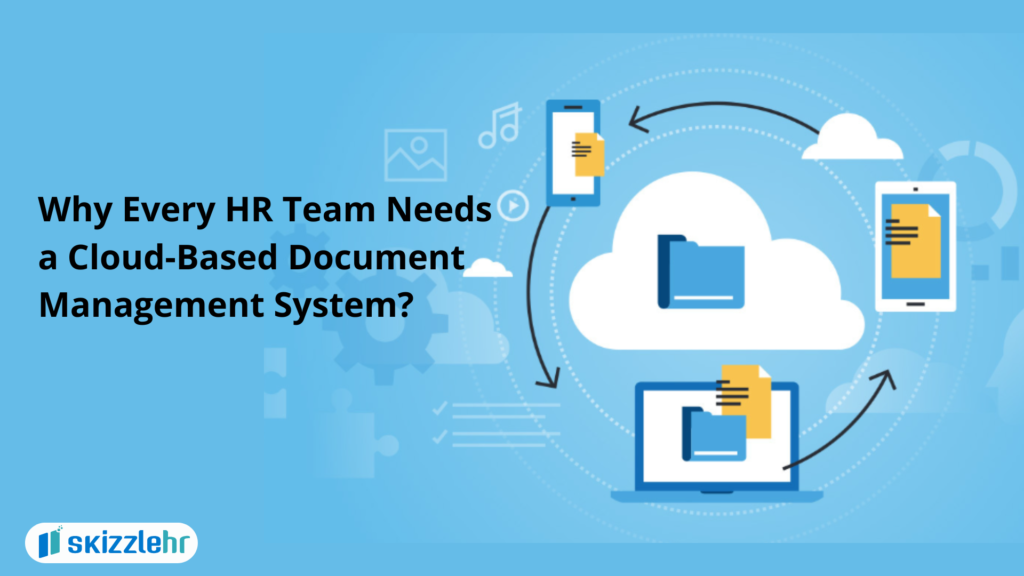Tax Season Survival Guide: How to Ensure Payroll Compliance in India

Tax season in India can be a challenging time for businesses, as they navigate compliance with the Income Tax Act, Goods and Services Tax (GST), Employee Provident Fund (EPF), Employee State Insurance (ESI), and Professional Tax (PT). Ensuring accurate payroll processing, statutory deductions, and timely filings is crucial to avoid penalties. Cloud-based payroll software simplifies these processes, reducing errors and ensuring seamless compliance. In this guide, we’ll explore how payroll compliance in India can help businesses handle tax season efficiently.
Why Payroll Compliance in India is Challenging?

Businesses operating in India face several challenges during tax season, including:
- Frequent Tax Law Updates: Tax regulations in India, such as TDS (Tax Deducted at Source) rates, EPF contributions, and GST requirements, frequently change, requiring constant monitoring.
- Manual Payroll Processing Errors: Calculating TDS, EPF, ESI, and PT manually increases the risk of errors, leading to incorrect tax payments and potential penalties.
- Complex Multi-State Taxation: Different states in India have varying Professional Tax and labor laws, making compliance more complicated for businesses operating in multiple locations.
- Time-Consuming Compliance Filings: Employers need to file multiple statutory reports, such as Form 24Q (TDS on salaries), EPF and ESI returns, and GST filings, which can be cumbersome when handled manually.
- Penalty Risks: Late tax payments or incorrect filings can lead to heavy fines from the Income Tax Department and labor authorities.
How Cloud-Based Payroll Software Ensures Compliance in India?
Cloud-based payroll solutions help businesses in India by automating tax calculations, ensuring timely statutory filings, and reducing payroll and compliance related risks. Here’s how they help:
1. Automated TDS and Tax Calculations
Cloud payroll software automates TDS calculations based on the latest Income Tax slabs, applicable exemptions (such as HRA, LTA, and 80C deductions), and investment declarations. This ensures accurate tax deductions and seamless payroll processing.
2. EPF, ESI, and PT Compliance
The software automatically deducts contributions for:
- EPF (Employer: 12%, Employee: 12%) and generates ECR (Electronic Challan cum Return) for seamless submission on the EPFO portal.
- ESI (Employer: 3.25%, Employee: 0.75%) and facilitates easy online payments.
- Professional Tax (PT) deductions, varying by state, with automated calculations and filing reminders.
3. Seamless Filing of Payroll Statutory Returns
Cloud-based payroll systems generate statutory reports and facilitate direct filing to government portals, including:
- TDS Returns (Form 24Q, Form 16, and Form 26AS updates)
- PF Challan & ECR Filing
- ESIC Returns
- GST Payroll Compliance (where applicable)
4. Real-Time Payroll Data Access
With cloud-based payroll, businesses can access real-time salary data, tax deductions, and compliance status from anywhere. This enables HR and finance teams to track tax liabilities and ensure compliance without delays.
5. Secure Data Storage and Audit Readiness
Cloud payroll solutions store payroll and compliance records securely and maintain audit trails, ensuring that businesses have proper documentation for tax audits and government inspections.
6. Integration with Indian Accounting Software
Many cloud-based payroll platforms integrate with Indian accounting systems such as Tally, Zoho Books, and QuickBooks, ensuring accurate tax reconciliation and reducing manual data entry.
7. Employee Self-Service for Tax Declarations and Form 16
Employees can use self-service portals to:
- Submit investment declarations for tax savings.
- Download Form 16 for filing their income tax returns.
- Access salary slips and tax computations easily.
8. Multi-State Payroll and Compliance
For businesses operating across multiple Indian states, cloud payroll software ensures compliance with varying labor laws, state-specific Professional Tax, and different salary structures.
Best Practices for Managing Tax Season for Payroll and Compliance
To maximize efficiency during tax season, businesses should:
- Regularly Update Employee Tax Details: Ensure accurate PAN, Aadhaar, and bank details for employees.
- Verify Investment Declarations: Cross-check employee declarations and supporting documents for accurate TDS deductions.
- Utilize Automated Tax Filing Features: Ensure timely submission of TDS returns, PF, and ESI contributions.
- Set Reminders for Due Dates: Avoid penalties by keeping track of deadlines for GST, TDS, and labor law compliance.
- Conduct Internal Payroll Audits: Periodically review payroll reports to detect errors and ensure accuracy.
Conclusion
Managing payroll compliance in India can be complex, but cloud-based payroll software simplifies tax calculations, statutory deductions, and filings. By automating compliance, ensuring accuracy, and providing real-time access to payroll data, businesses can confidently navigate tax season without stress.
Looking for a hassle-free payroll solution? Discover how SkizzleHR’s cloud-based payroll software can help your business achieve seamless compliance and efficiency during tax season.
You might also like
Start Growing with SkizzleHR
Our team is ready to guide you through an interactive demonstration, tailored to your business needs.
Request a demo

